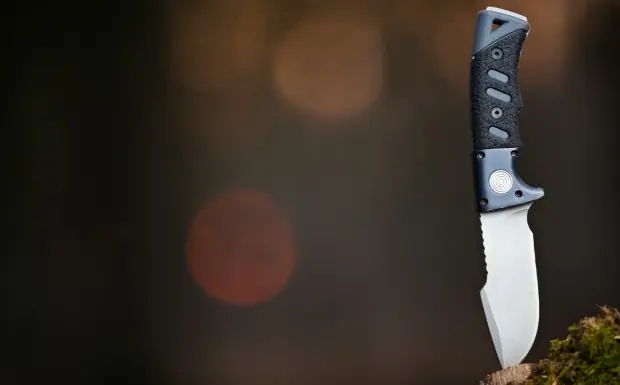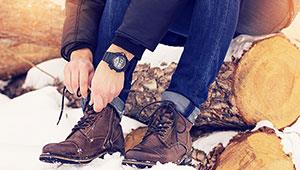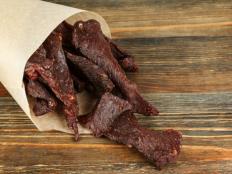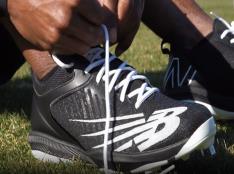
Ideally, the only need for a knife while camping would be for cutting food. Sometimes, however, a sharp blade is a necessity when you find yourself in a jam.
Whether you need to cut, dig, slice, hunt, pry, or signal, there are several uses for a sturdy camping knife, and even more brands and types to sift through. Here are a few things to consider for your next purchase.
Know What You Need
A survival or camp knife is different than a multi-tool one. Multi-tool knives, as the name states, have multiple tools and uses. Camp knives can also be used in various situations, but typically come with one main function and a durable, often smooth (not serrated) blade that's crafted to last.
Fixed Blade vs. Foldable
Camp knives come in two main categories, both of which have benefits. A fixed blade is more durable, but may be dangerous for a family camping trip as the only coverage will be a sheath. A foldable knife is ideal for both everyday use and camping trips.
If you do opt for a fixed blade, make sure that the knife uses a full tang construction, meaning the blade continues as one piece of metal from the end to the handle construction. This often increases the strength and sturdiness of the overall knife.
Size
If a knife is too big, you won't be able to use it for small detailed tasks. But if it's too small, you won't be able to chop or hammer. Aim for a knife that runs between 9 and 11 inches when open.
When it comes to the handle, a small one can give you blisters, while a large one won't allow the precision you may need. If you have the option, head to the store
Handle Matters
Just because the blade is top notch doesn't mean the handle isn't important. Don't skimp—your hands will thank you when you avoid blisters.
Look for hardwood, plastic, or bone craftsmanship. Additionally, check out the pommel, or the base of the knife, which you can use for hammering in the wilderness if it's solid and sturdy.
Blade Materials
A blade needs to be durable, but other factors come into play as well. Carbon steel blades can last long, but will rust if you don't take care of them. Stainless steel blades won't rust, but do come in different and varying qualities of grade (aim for 440 or higher). Opt for a sharp, strong point rather than a rounded one, as this can come in handy when trying to pry or spear.
 Book your next camping trip
Book your next camping trip
About the Author











Discuss This Article